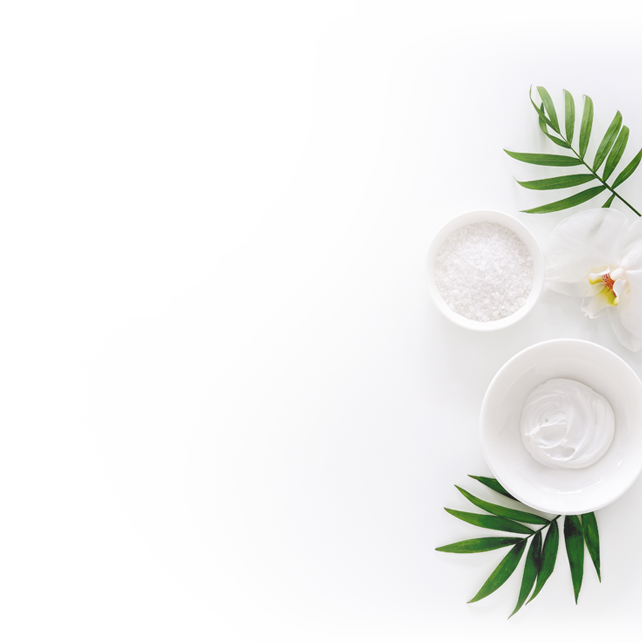
Unani medicine is based on the principles of the ancient Greek physician Hippocrates and his followers, as well as the teachings of the Islamic philosopher and physician Ibn Sina (Avicenna). It combines elements of Greek, Persian, and Arab medicine, incorporating concepts such as the balance of bodily humors, the use of natural remedies, and the promotion of a healthy lifestyle.
According to Unani philosophy, the human body is composed of four basic elements: earth, water, air, and fire. These elements are believed to correspond to four humors or fluids in the body: phlegm, blood, yellow bile, and black bile. The balance of these humors is considered essential for maintaining good health, and illness is believed to occur when there is an imbalance.




Unani medicine utilizes various diagnostic methods, including physical examination, pulse reading, and questioning the patient about their symptoms and medical history. Treatment approaches in Unani medicine include dietary modifications, herbal remedies, physical therapies, and lifestyle recommendations. Unani practitioners may also use techniques such as cupping, massage, and bloodletting in certain cases.
Herbs and natural substances play a significant role in Unani medicine. Unani pharmacology involves the use of plant-based medicines, minerals, animal-derived substances, and some inorganic compounds. The selection and formulation of medicines in Unani are based on the concept of "mizaj," which refers to the temperament or nature of the individual and the drug. Medicinal preparations can be in the form of powders, decoctions, infusions, oils, or ointments.